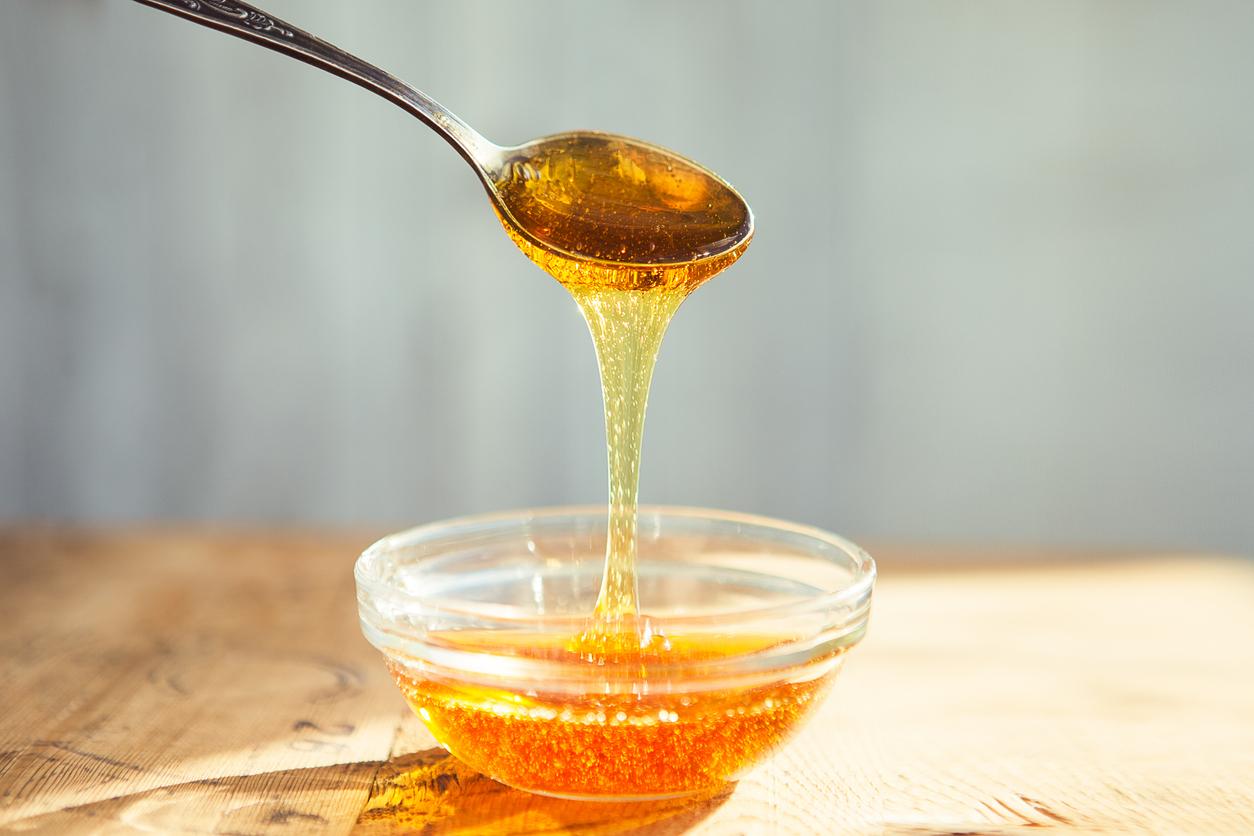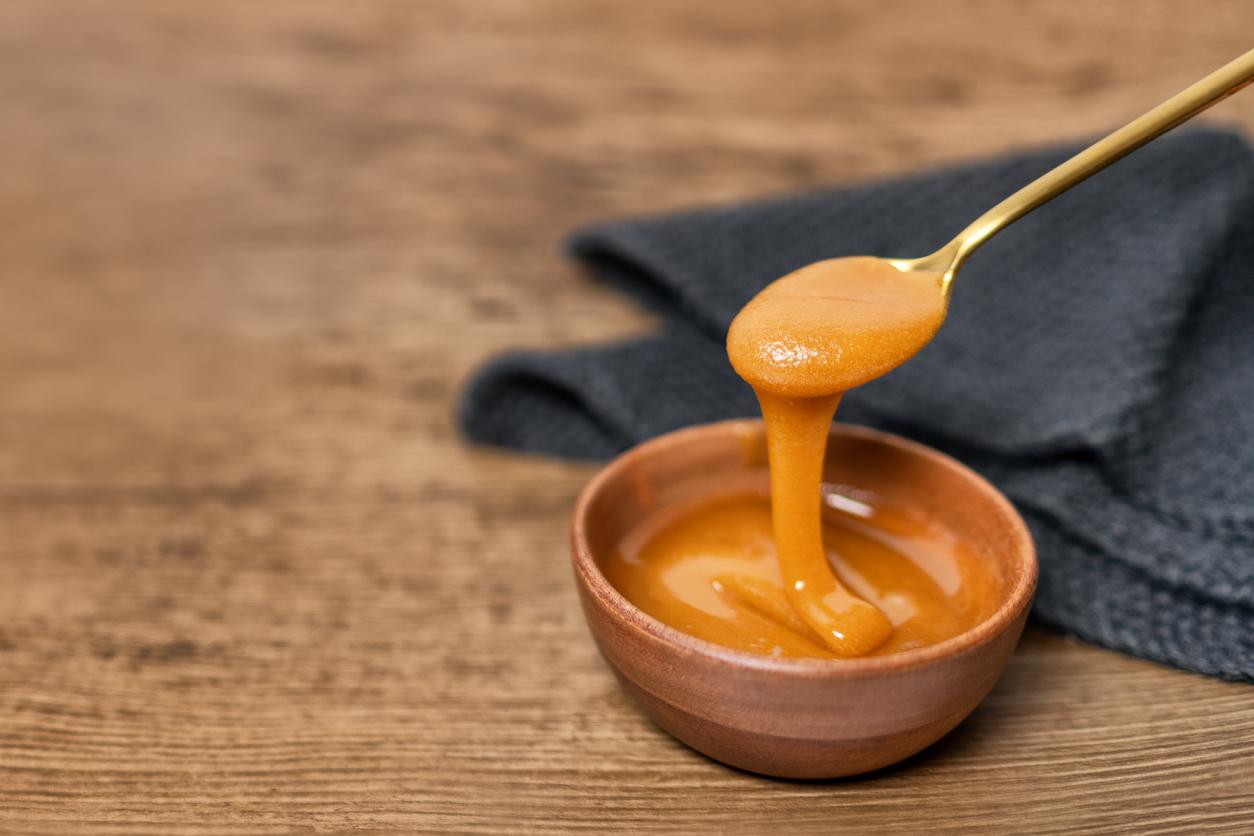Bee allergy occurs when the immune system reacts inappropriately to proteins found in the venom of these insects. In the event of a bite, these proteins are identified as foreign agents, which triggers a reaction of defense from the body. Symptoms can range from simple redness, itching and swelling to much more serious reactions, such as difficulty breathing and anaphylactic shock. Given that the bees are responsible for this allergic reaction, it is feared that the honey, produced by these same insects, may contain venom residues or allergenic proteins.
Why am I allergic to bee stings?
In order to better understand the reasons why some people are allergic to bees and to establish if there is a correlation with the consumption of honey, the North American magazine Eating Well recently interviewed Dr. Andrea Burke, a allergist and immunologist based in New York. Dr. Burke explains that a sting bee can lead to a wide range of reactions, even in people not allergic to bees. However, in people with allergies, there can be a stronger reaction called anaphylaxis, which affects the whole body, Dr. Burke explains: “Allergic cells, called mast cells, are activated throughout the body, triggering a cascade of body-wide reactions“. She specifies: “This can lead to problems such as constriction of the lungs, vomiting, hives and swelling in different parts of the body.”
Although science does not yet fully understand the origin allergies to bees, researchers believe that factors genetic could be involved.
Each year in France, about 15 people lose their lives following bites Hymenoptera insects such as bees, wasps or hornets. Over a period of fifteen years (2000-2015), a total of 237 related deaths to these insects has been recorded. Nevertheless, this kind of death remains a rare phenomenon. Only between 1 and 5% of the general population would present a real allergy, thus placing them at a higher risk in the event of a bite.
“Being allergic to bee stings does not mean being allergic to honey”
Regarding the consumption of honey, Dr. Andrea Burke states: “Being allergic to bee stings does not necessarily mean being allergic to honey.” For what ? “Because these two elements come from different parts of the insect’s body.” In fact, allergies to bee stings are triggered by the venom contained in the insect’s stinger, while honey is produced from nectar, collected by the bee’s tongue, also called the proboscis. The venom sac has no connection with the honey production process, which means that the latter is totally exempt of the protein responsible for reactions allergic. Dr. Andrea Burke reassures people with bee allergies that they can enjoy honey in peace and consume it regularly without worry. However, it is advisable to consult a medical professional for any concerns or suspicious reactions.
How do I know if I am allergic to bee stings?
Assessment of venom susceptibility is not part of the procedures for screening standard allergy. So even if you undergo an allergy test administered by an allergist or immunologist, detecting a bee allergy will require specialized testing. performed separately. There are two main ways to do this.
The first method is a skin test. Allergists use a small amount of venom taken from various allergy-causing insects and apply it to your skin. Then, using a sterile probe, they will perform a light puncture to see if a small raised red area, similar to a nettle sting, will appear. If the result is negative or uncertain, the allergist administers more venom under the skin to look for this again. skin reaction.
The second method involves an antibody test by blood test. If you have an allergy antibody that recognizes venom at a level high enough, a doctor will be able to diagnose the allergy.
Sources:


















